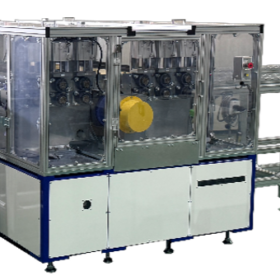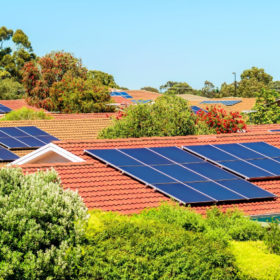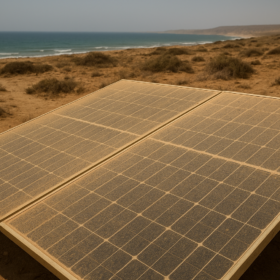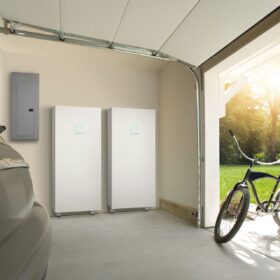Utility batteries draw short straw in Solar Sharer scheme: Rystad analysis
Rystad Energy has released analysis of the federal government’s Solar Sharer scheme saying forecast increased demand from utility and household batteries and a slowdown of rooftop solar could boost utility renewables and coal via increased daytime demand, but impact gas and utility batteries.
Japanese companies partner to establish solar glass recycling scheme
Two Japanese companies have announced a partnership to advance the recycling of solar panel cover glass for application in architectural flat glass production.
Japanese utility uses Sharp PV-linked home batteries for grid balancing
Japanese utility Tohoku Electric Power is using Sharp’s residential batteries and AI-powered energy management systems to balance grid demand and optimise household solar energy use. Customers in the program can earn points redeemable for local products.
Solar cell inspection tool evolution set to slash manufacturing costs by billions
Researchers at the University of New South Wales in Sydney are working with the institution’s spinout company BT Imaging to accelerate the commercialisation of solar cell defect detection technology, thanks to a $1.4 million commercialisation project.
Brighte bags $40 million CEFC finance to boost consumer energy resources loans
Australian green lender Brighte has secured $40 million from the Clean Energy Finance Corporation under the federal government’s household energy upgrades fund, to support the roll out of up to $150 million worth of consumer energy resources.
JinkoSolar launches next generation 48-cell module Tiger Neo 3.0
Chinese clean energy technology manufacturer JinkoSolar has launched Tiger Neo 3.0 in Australia, celebrates 1 GW delivery milestone and has signed multiple solar-plus-storage sgreements.
Electricity retailers to offer three hour window of free power from 1 July 2026
Consumers and the grid could both be winners if a Default Market Offer review recommendation is enacted, requiring electricity retailers to offer a zero-cost electricity period standing offer, potentially starting 1 July 2026.
The impact of dust on PV systems in arid coastal environments
A Saudi–Egyptian research team investigated the effects of four types of dust on photovoltaic panels in arid coastal environments, finding that power losses can reach up to 48%.
AIKO signs 1 GW supply agreement with Australian distributors
Chinese solar manufacturer AIKO has signed a 1 GW supply agreement with Australian distributors and introduced its third generation all back contact Infinite series at All Energy 2025 in Melbourne.
2 GWh of home battery storage delivered in less than four months
In less than four months since 1 July 2025, the Australian government’s Cheaper Home Batteries program has directly increased home battery capacity across the country by more than 50% and delivered 2 GWh of battery storage through 100,000 installations.















